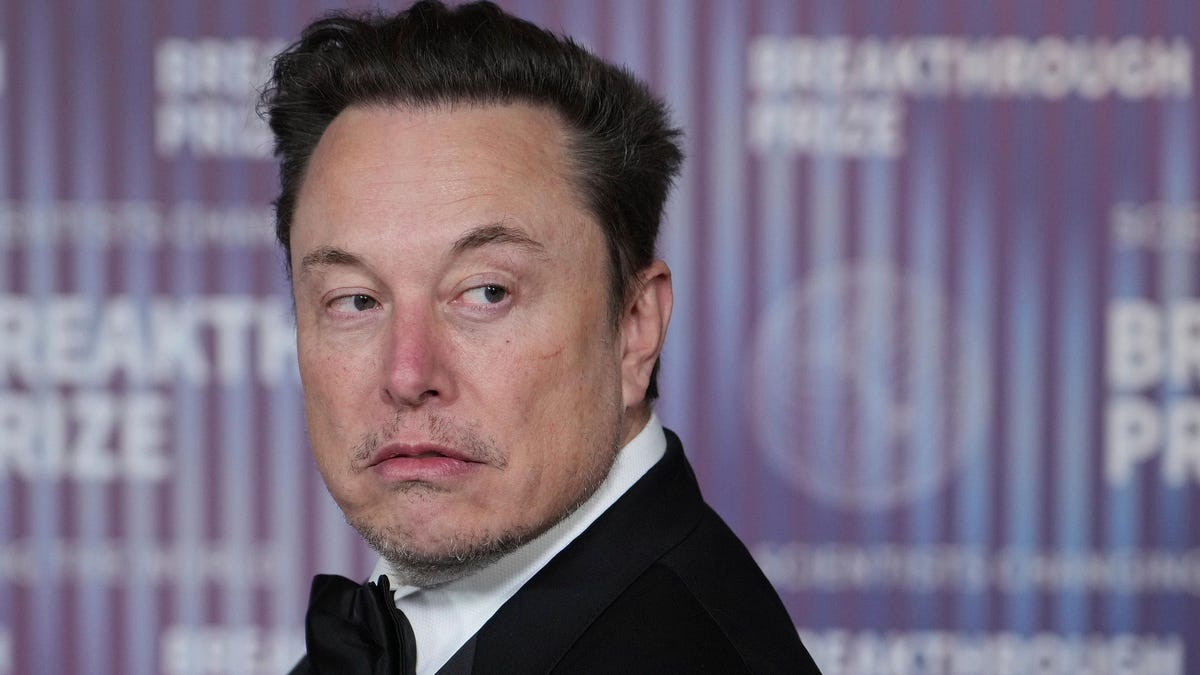Neuralink Co-Founder Suggests He Left Elon Musk's Company Over Safety Concerns

🌈 Abstract
The article discusses the potential concerns and considerations around Elon Musk's brain-computer interface company Neuralink, as well as the perspectives of one of its co-founders, Dr. Benjamin Rapoport, who left the company to start his own firm, Precision Neuroscience.
🙋 Q&A
[01] Neuralink and Brain-Computer Interfaces
1. What are the key concerns raised about Neuralink's approach to brain-computer interfaces?
- Dr. Rapoport, a co-founder of Neuralink, left the company due to concerns over safety and invasiveness of the technology.
- Neuralink's approach involves penetrating the brain with tiny needle-like electrodes, which can cause brain damage.
- In contrast, Rapoport's new company, Precision Neuroscience, focuses on a less invasive approach using surface microelectrodes that do not penetrate the brain.
- Rapoport believes it is possible to extract information-rich data from the brain without damaging it, which is the key philosophy behind Precision Neuroscience.
2. What are some of the criticisms that Neuralink has faced over the years?
- Neuralink has received criticism, with MIT Technology Review calling it "neuroscience theater" in 2020.
- There have also been horrifying allegations of monkey torture, with 15 monkeys reported to have died at a Neuralink facility between 2017 and 2020.
- However, Elon Musk has rejected the idea that the monkeys died gruesome deaths, claiming instead that they lived in "monkey paradise."
3. Despite the criticism, what are some of the exciting developments in brain-computer interfaces?
- Brain-computer interfaces have made tremendous strides in the past decade, allowing people to control machines with their thoughts.
- Neuralink recently released a video of a patient playing video games with their mind.
- There are more than a few people on social media who are ready to have Musk outfit them with experimental brain-computer interface tech.
[02] Precision Neuroscience and Competing Approaches
1. How does Precision Neuroscience's approach differ from Neuralink's?
- Precision Neuroscience's system is based on surface microelectrodes that coat the surface of the brain without penetrating it, in contrast to Neuralink's penetrating microelectrodes.
- Rapoport believes this approach is crucial to focus on "minimal invasiveness, scalability, and safety" when producing neural interfaces.
2. What are some other companies working on brain-computer interfaces?
- In addition to Neuralink and Precision Neuroscience, there are a number of other firms working on brain-computer interfaces, including Synchron and Paradromics.
- These companies all have their own philosophies on the level of invasiveness that is permissible.
Shared by Daniel Chen ·
© 2024 NewMotor Inc.